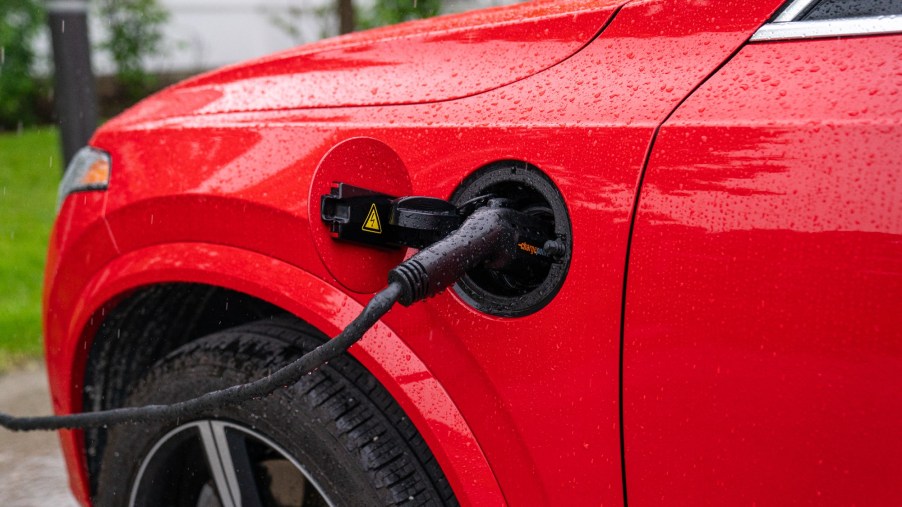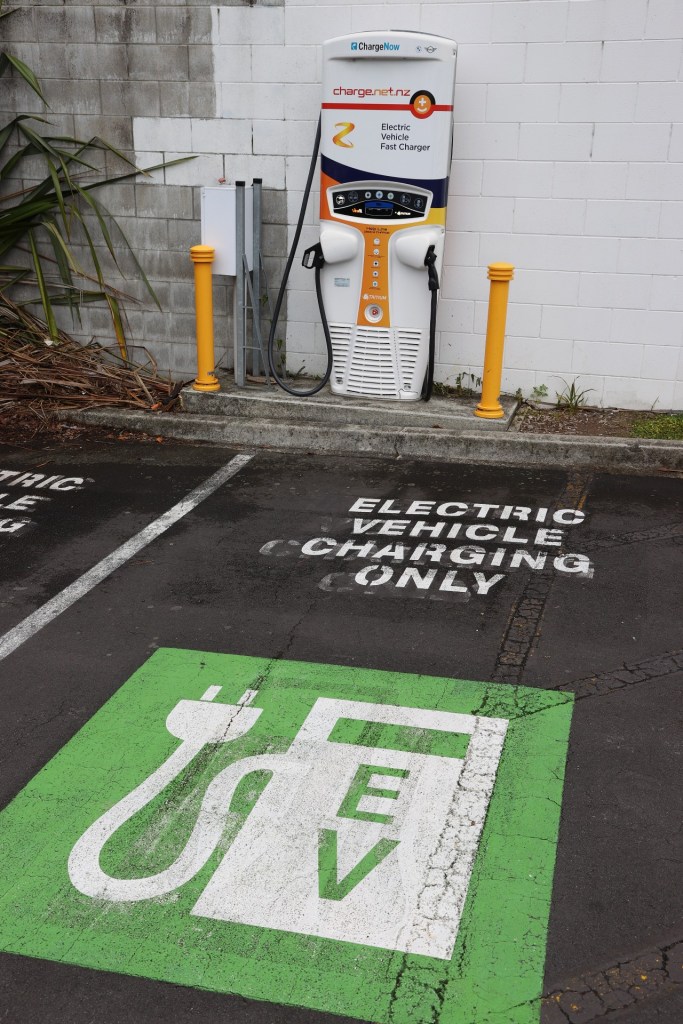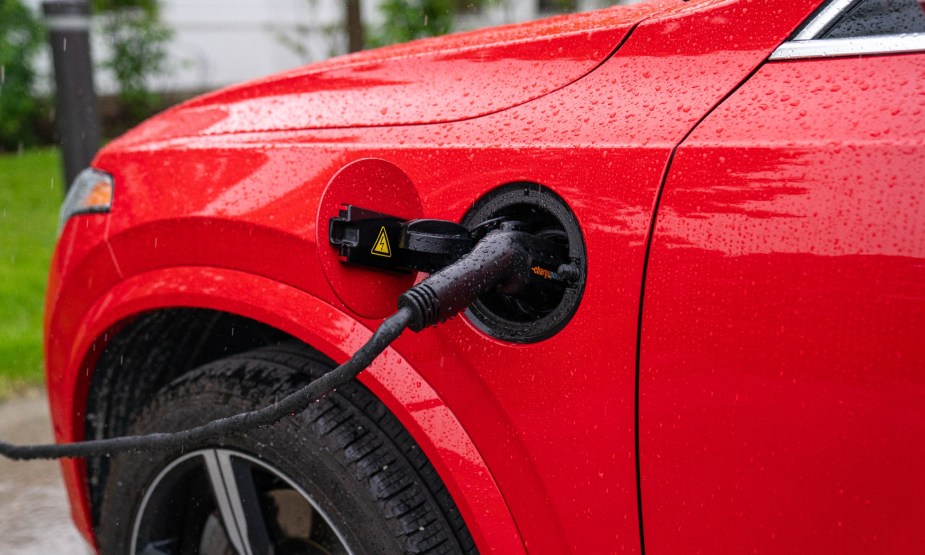
Pump the Brakes; 9 Reasons an Electric Car Takeover Really Isn’t Happening Just Yet
The movement toward electric cars is happening faster than anyone could have anticipated. More EVs are showing up in various parts of the automotive market, much to the chagrin of petrolheads everywhere. The benefits of an electric vehicle are pretty easy to understand, and with gas prices going through the roof, these cars offer an interesting alternative, but you might not want to jump in the EV lake just yet.
1. Charging stations aren’t plentiful enough for electric cars

Many large cities embrace the movement toward electric vehicles with abundant charging stations. You’ve likely read or heard reports of new charging locations coming to your nearby town. Unfortunately, rural Americans still have to rely on home charging for most of their needs. Without widespread access to fuel for electric vehicles, they aren’t a practical choice for everyone.
2. Consumers can’t service or repair their EVs
If you purchase one of the many electric cars in the market, you’re at the mercy of the mechanics and technicians certified to work on these vehicles. EVs need regular maintenance, maybe not as much as gasoline-powered vehicles, but they also need maintenance and repairs. You can’t perform this maintenance in your driveway because of the technology involved, which means taking your EV to the shop every time.
3. Driving range is still a problem for electric cars
The distance an EV can travel on a full charge is getting better. More EVs can drive almost as far as their gasoline counterparts, but most still fall short. While you might not need more than the average 258 miles of driving range as offered by Motor Junkie, if you’re planning a road trip, you’ll want it. This limited range means planning a trip around where a small number of charging locations.
4. Charging times are a joke compared to refilling with gas or diesel

When you stop your gas or diesel-powered vehicle to fill up, you head into the convenience store while pumping. Upon returning to your vehicle, the pump is almost always finished. That’s not the case for electric cars. Many now offer fast charging capabilities to give you a percentage of the driving range in less than an hour, but none allow you to fill the batteries to a full charge in this short time. This means more frequent stops for longer breaks with an EV.
5. The unproven longevity of electric cars
Because most o the EVs offered are relatively new, we don’t know how reliable these vehicles are in the long term. Will the electric powertrains outlast gasoline engines? The fact that EVs have fewer engine components is in their favor, but the lifespan of the battery cells is still a question. Until these questions are answered, many consumers won’t trust EVs to be the answer to their driving needs.
6. Reported fires could be a source of EV distrust

The Hindenburg disaster took place on May 6, 1937, and we still talk about it as a reason not to trust using hydrogen fuel. Both Tesla and GM recently faced reported fires in their electric vehicles. These fires could become a source of distrust in vehicles powered by electricity.
7. Zero emissions is only a tailpipe lie
On the surface, electric cars are better for the environment than any other type of vehicle we have on the road. What we often don’t talk about is that most electricity still comes from coal-powered plants, which emit harmful pollutants into the atmosphere.
8. Driving electric cars increases home electric bills

The flexibility to charge an EV at home is a huge benefit to owners who want to enjoy the silent and clean-burning drive of an EV. They come home and plug in the car at night, allowing the batteries to fully replenish overnight. Then the electric bill arrives, and owners realize just how expensive it can be to charge their car overnight.
9. Electric cars don’t hold value like gasoline models
The team at Endurance Warranty offers the numbers. The depreciation of an EV over five years averages $28,500 compared to $16,000 for a traditional vehicle. This might change as more EVs enter the market and become more plentiful, but right now, electric cars lose value much faster than other vehicles.



